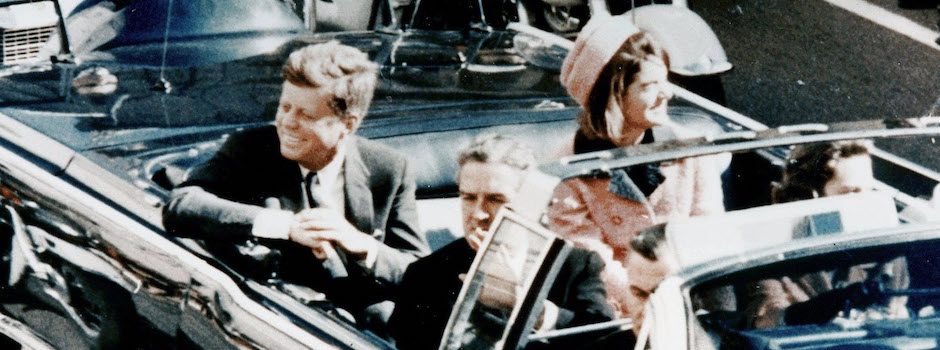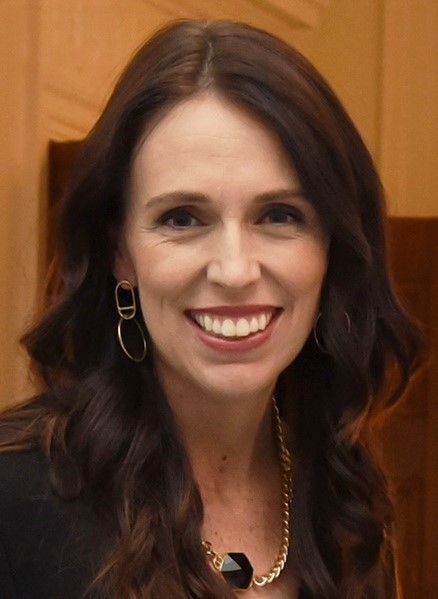To hear this sermon as preached, please press play below.
United Church of Jaffrey
8/11/19
Allow me to begin, this morning, with a little parlor game.
I’m going to tell you a date, and if you recognize and remember that date, please tell us where you were on that day… (I’ll pass you the microphone)
December 7th 1941
November 22nd 1963…
September 11th 2001.
When the day dawned on December 7th 1941, we thought we knew what the world looked like
And by sunset, on that day, the world had irrevocably changed.
When the day dawned on November 22nd 1963, we thought we knew what the world looked like
And by sunset, on that day, everything looked different.
And when the day dawned on September 11th 2001, we thought we knew what the world looked like
And by sunset, on that day, nothing was the same.
But why?
What was it about these days that caused them to completely alter the way we understand our world?
Let’s see…
Each day was traumatic.
I don’t think there is much to debate about that. Pearl Harbor, the death of JFK and the events of 9/11 were all deeply traumatic.
But we experience profound trauma all the time. Each year we experience the crippling trauma of a hurricane season. We annually weather tornados, earthquakes and wildfires – traumas that take people’s lives and destroy property.
But these traumas don’t to transform our understanding of the world that we live in.
I don’t think trauma, alone, makes these days transformative.
Another thing that Pearl Harbor, the assassination of JFK, or the 9/11 attacks have in common is that they all came out of the blue, as it were.
We were taken by surprise.
But even though the element of surprise added insult to injury, I don’t think being unexpected is the variable that makes these days transformative. Wildfires and earthquakes are similarly hard to anticipate, and while they are locally devastating, they do not permanently alter our understanding of the world.
Since we are investigating the nature of transformation, let us turn to this morning’s scripture readings from Book of Isaiah and the Gospel of Luke.
Both passages hover at the moment of transformation.
In the passage from the twelfth chapter of Luke Jesus describes, for his followers, the moment when he, the “Son of Man” will return for them.
He describes this transformative moment by comparing it to his return, to the moment a master returns from a wedding banquet.
Blessed are those slaves whom the master finds alert when he comes; truly I tell you, he will fasten his belt and have them sit down to eat, and he will come and serve them.
How interesting!
At the moment of transformation – when the alert slaves are ready for their master’s return – they, slaves are not the only ones to be transformed. The master too is transformed, for it is he who will have them “sit down and eat while he serves them.”
The master becomes the one who serves.
The slaves are served.
At the transformative moment, the traditional roles are reversed.
But this transformation is not guaranteed. To be transformed, the slaves must be alert for the master’s return.
They must be ready.
And how are they to make themselves ready?
By being servers themselves.
“…it is your Father’s good pleasure to give you the kingdom. Jesus says. Sell your possessions, and give alms.
Transformation depends upon service.
Salvation is not a solitary endeavor. It hinges on relationship. Right relationship.
Right relationship with each other.
Right relationship with God.
In the Isaiah passage too, we see a moment of transformation.
When God speaks to Israel through the mouth of the prophet, God tells the people that they are making a mistake.
I have had enough of burnt offerings of rams and the fat of fed beasts; God says. I do not delight in the blood of bulls, or of lambs, or of goats.
Your new moons and your appointed festivals my soul hates; Giod continues…they have become a burden to me, I am weary of bearing them.
These are hard words from God.
For the Jews of the time of Isaiah, blood sacrifices and festivals were the traditional mode of worshipping God.
Isaiah is telling them that their cherished way of worshiping God is no longer acceptable to God.
These words call for a sweeping religious transformation.
But what does God want instead of making sacrifices?
Wash yourselves; make yourselves clean; remove the evil of your doings from before my eyes; cease to do evil, learn to do good; seek justice, rescue the oppressed, defend the orphan, plead for the widow
Transformation, again, depends upon relation.
Defending the orphan.
Pleading for the widow.
Salvation is not a solitary endeavor. It hinges on relationship. Right relationship.
Right relationship with each other.
Right relationship with God.
How then, do these Biblical comments on the nature of transformation, shed light on our question about the transformative power of December 7th 1941?
November 22nd 1963?
September 11th 2001?
I think that those days changed our world because they were violations – dramatic violations of our core humanity – the essence of what we know to be at the at the center of what God calls us to be – caring and compassionate with each other.
And none of these violations were natural disasters. ‘
Humans dropped the bombs on December 7th 1941
A man pulled the trigger in Dallas on November 22nd 1963.
Humans flew the planes into the world trade center on September 11th 2001.
We did these things to each other.
These unnatural things
These intolerable things.
And when, as a result, our faith in each other’s basic goodness is lost, our way of seeing the world is altered.
And the question then becomes.
How do we react?
How, as Christians, are we called to respond?
March 15th 2019 was another such day.
On that day, just a few short months ago, a man walked into a mosque in Christchurch New Zealand.
He was carrying a semi-automatic weapon.
In the next few minutes the man killed 51 people and injured 49 more.
It was a the deadliest mass shooting in New Zealand’s history.
Jacinda Ardern, the prime minister of New Zealand called March 15th 2019, “one of New Zealand’s darkest days.”
She acted swiftly. “Our gun laws will change, she said. Now is the time … People will be seeking change, and I am committed to that.”
On April 10th 2019 – less than one month after the mosque shooting, all semi-automatic assault weapons in New Zealand were banned by law.
“After a reasonable period for returns, those who continue to possess these firearms will be in contravention of the law,” Radio New Zealand reported.
Dear friends,
On August 3 and 4th, last week, we had another series of mass shootings in this country.
One in El Paso, Texas and one in Dayton Ohio.
One shooting was barely over, before the next began.
32 people are dead.
In 2019, 286 people have died in this country, in mass shootings.
286 people.
People? No not just people! The dead are our brothers, our sisters, our husbands, our wives, our children.
Christians in the United States have not done enough.
We have wept, we have prayed, but we have not acted.
By standing by, we have become part of the problem.
And yet the Bible is quite clear about what God calls us to do in situations like this.
In this last week, the groundswell in this church has begun.
We have been called by God.
Something must be done! Something!
We must act.
New Zealand has shown us the way.
We must not rest until our gun laws are changed.
Amen.


